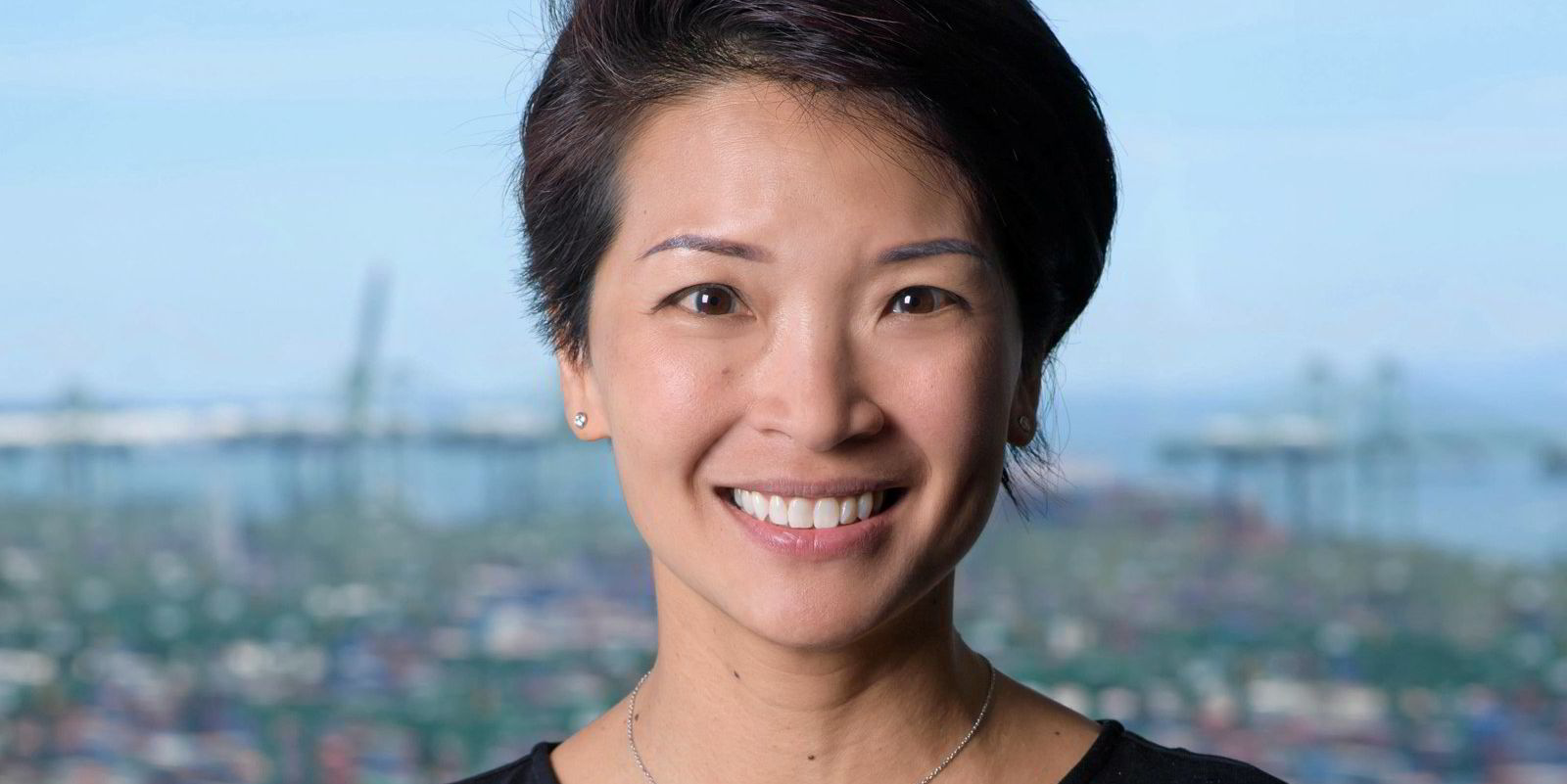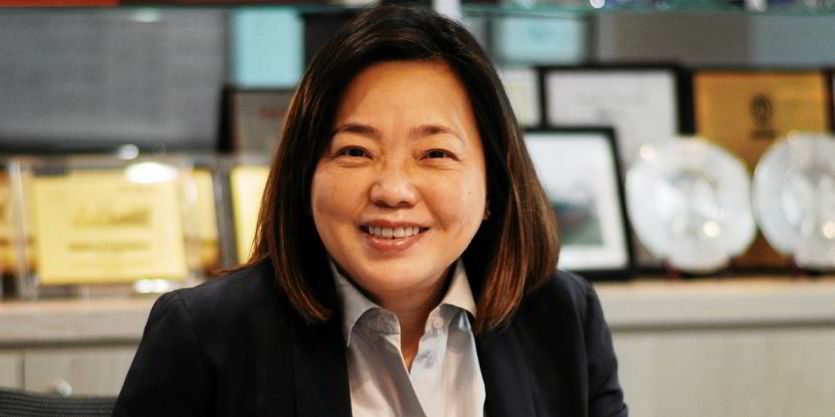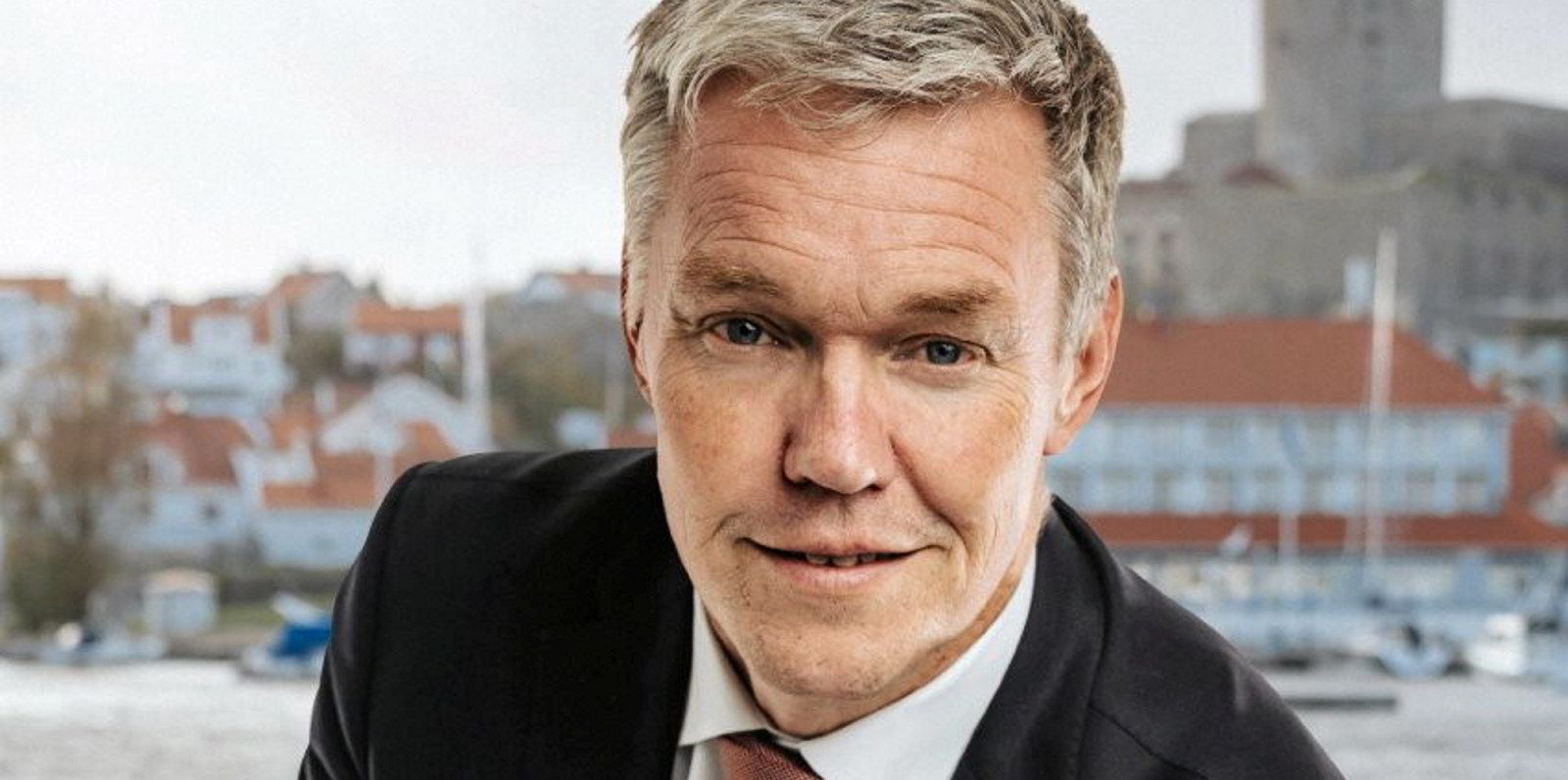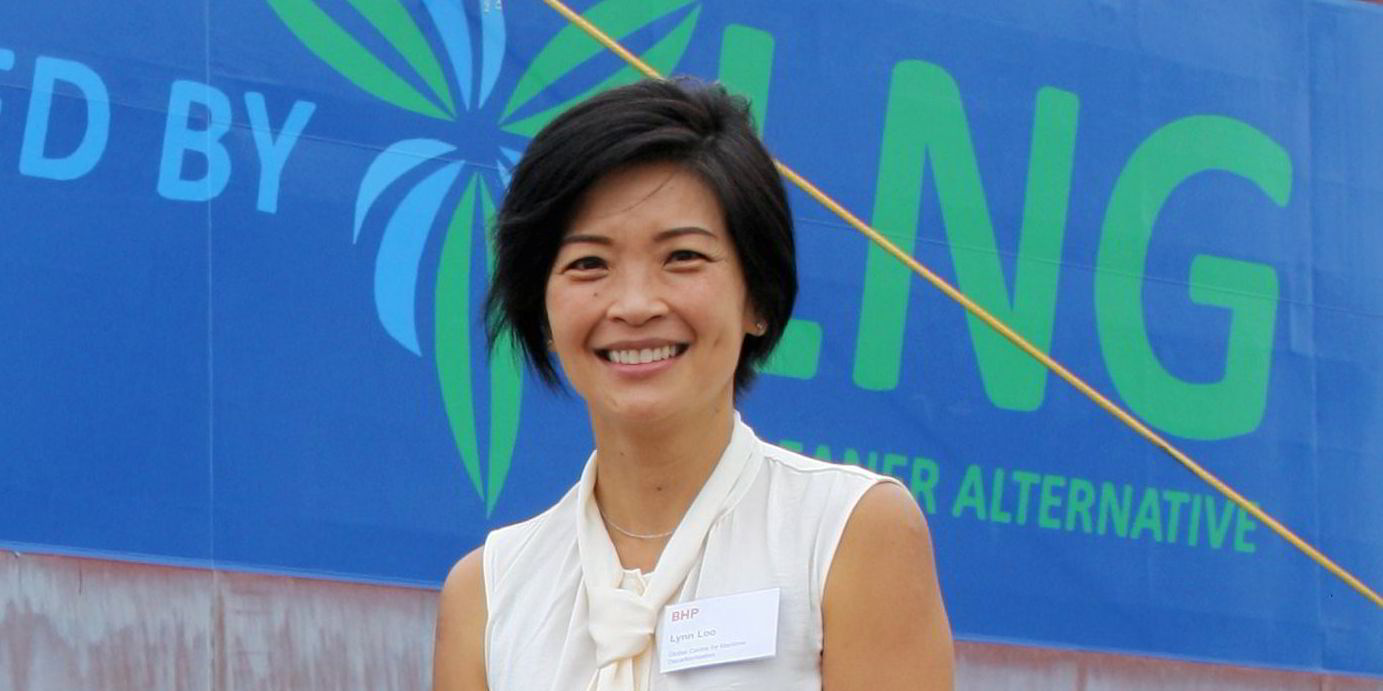Stena Bulk is participating in a project with the Singapore-based Global Centre for Maritime Decarbonisation (GCMD) and Oil and Gas Climate Initiative (OGCI) to demonstrate shipboard carbon capture at scale.
The two-year investigation into the challenges and opportunities of deploying carbon capture technology on ships will trial on-board capture, storage and off-loading of carbon dioxide (CO2).
It will target at least a 30% capture rate on a Stena Bulk MR tanker, equivalent to about 1,000 kg per hour of carbon.
The seven-member consortium also includes equipment provider Alfa Laval class society the American Bureau of Shipping, ship design firm Deltamarin and research organisation TNO.
The partners said Project REMARCCABLE, standing for Realising Maritime Carbon Capture to demonstrate the Ability to Lower Emissions, is the world’s first and largest aimed at demonstrating end-to-end shipboard carbon capture.
The scheme will build and test a marine carbon capture system onboard the medium-range tanker to assess the operational challenges of running it on a ship at sea, and identify potential cost reduction measures for future commercial applications.
With projections indicating that 85% of the fuel mix for two-stroke engines will remain fossil-fuel based by 2030 and 34% still by 2050, the consortium said carbon capture can help meet challenging greenhouse gas reduction targets before alternative fuels become widely available.
An MR tanker was chosen for the pilot as vessels of similar size emit 17% of shipping’s total emissions.
Demonstration will involve capture of exhaust at scale from burning high-sulphur fuel oil (HSFO) or very-low sulphur fuel oil (VLSFO) over 500 hours, including offloading(s) of captured and liquefied CO2 at ports along the route of a 10-day voyage.
The project aims to establish a pathway to reduce the cost of CO2 capture to €150 per tonne of CO2 when the technology is deployed commercially.
With an offtaker for the captured CO2 identified, the pilot scheme will be the only one able to demonstrate shipboard carbon capture across the full value chain, the GCMD said. It will use non-proprietary equipment and processes, so results can be shared publicly.
Carbon capture technologies have been used by OGCI companies to reduce CO2 emissions from power plants and industrial operations, but their use in the shipping industry is still nascent. The OGCI is an organisation set up by the chief executives of a dozen major oil and gas companies.
GCMD chief executive Professor Lynn Loo said the centre sees shipboard carbon capture as one of the mid-term solutions needed to help the maritime sector to decarbonise.
“The open sourcing of project REMARCCABLE, piloting under real-world conditions and delivering end-to-end solutions, is in line with GCMD’s goals of lowering the barriers for adoption so international shipping can meet or exceed the International Maritime Organization’s (IMO) GHG emissions reduction targets for 2030 and 2050,” she said.
Stena Bulk chief executive Erik Hanell said the project aligns with its vision to advance decarbonisation and eagerness to lead change.
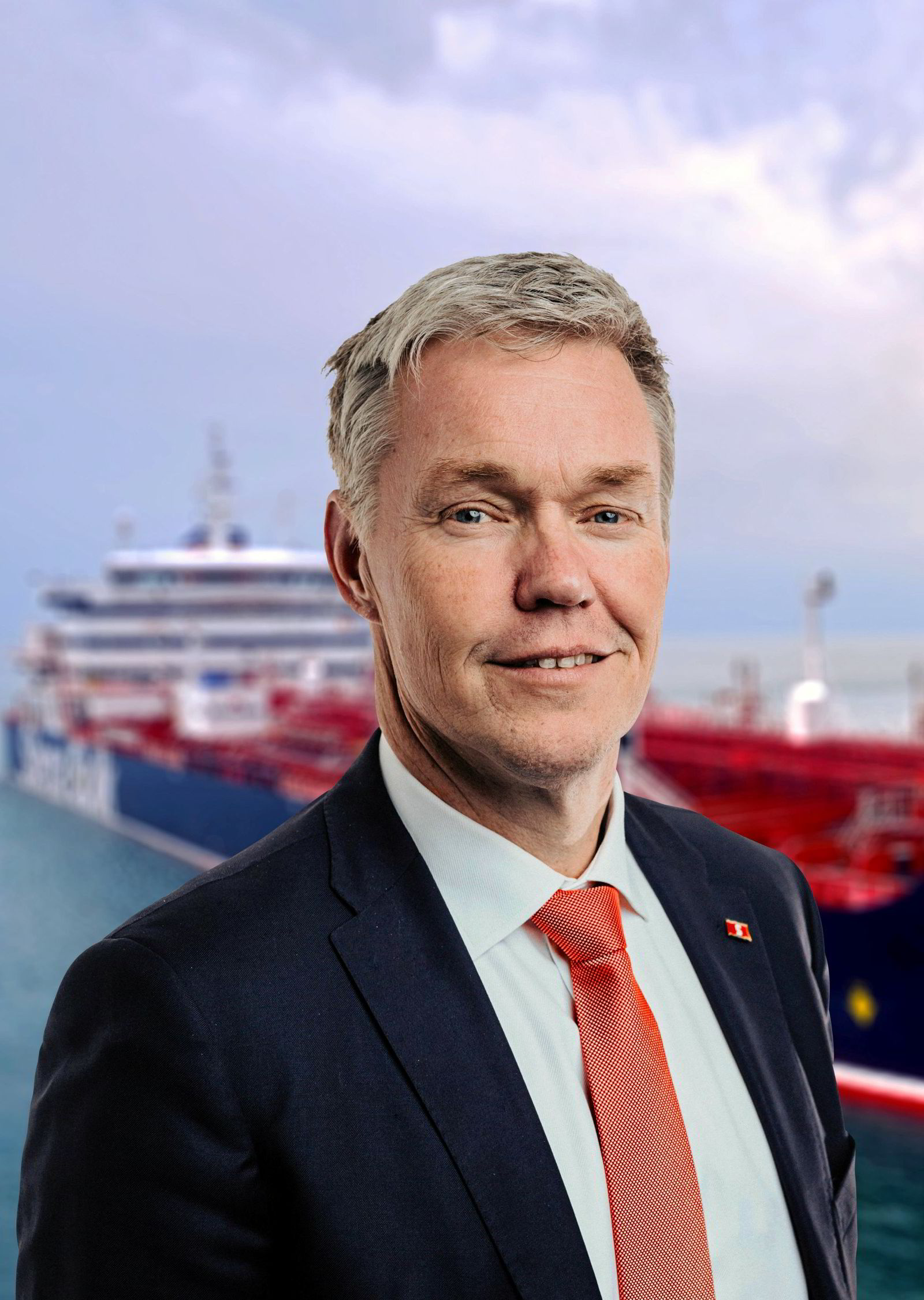
“Exploring this technology is crucial to understanding the role it could play in facilitating our industry’s decarbonisation,” he said.
The project will have three phases that build on a feasibility study that was carried out by TNO on behalf of OGCI and Stena Bulk in November 2021.
The first phase involves a conceptual design and front-end engineering design study of the carbon capture system which is expected to be completed in the first quarter of 2023.
Phase 2 encompasses the engineering, procurement and construction of a prototype shipboard carbon capture system, including on-shore commissioning, and phase 3 will focus on integrating the carbon capture system in sea trials with the tanker.
Concurrently, GCMD will issue an invitation for proposal to study the offloading of liquid carbon dioxide. Findings from it will inform the third phase.
Head of the transport workstream at OGCI Michael Traver said the project will show the real-life potential of carbon capture technology to meet ambitious maritime decarbonisation goals.
Members of the OGCI are Aramco, BP, Chevron, CNPC, Eni, Equinor, ExxonMobil, Occidental, Petrobras, Repsol, Shell and TotalEnergies.
